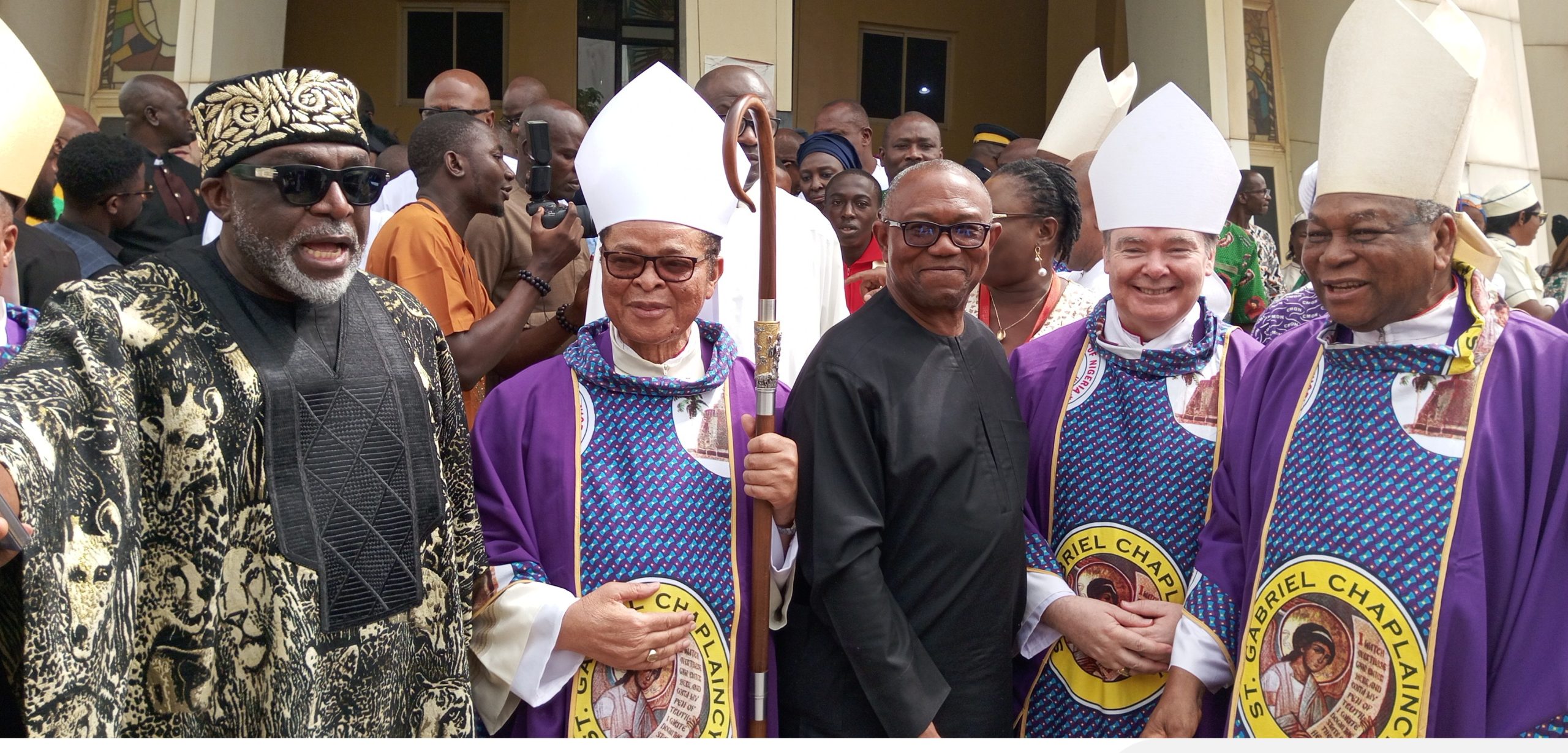Nigeria has revised the methodology for calculating its Gross Domestic Product (GDP), significantly increasing the size of the economy to ₦372.8 trillion in 2024, following a rebasing exercise by the National Bureau of Statistics (NBS).
The update shifts the GDP base year from 2010 to 2019, bringing the country’s national accounting system in line with international best practices. The revision captures new economic activities and provides a clearer picture of Nigeria’s modern economy.
According to the NBS, the rebasing process identified substantial contributions from sectors such as digital technology, fintech, creative industries, and the informal economy, many of which had been underreported in previous estimates. As a result, nominal GDP for 2019 has been restated at ₦205.09 trillion, with the figure rising to ₦372.82 trillion in 2024.
Growth has also been robust, with real GDP increasing by 3.13% in Q1 2025, compared to 2.27% in the same period of 2024. The services sector led the expansion, contributing over 57% to overall output.
In a notable shift, crop production became the top contributor to GDP at 17.58%, followed closely by trade (17.42%) and real estate (10.78%). The oil and gas sector, long a dominant force in the Nigerian economy, now ranks fourth with a 5.85% share—highlighting a broader diversification trend.
By broader categories, services now account for 53.09% of GDP, with agriculture at 25.83% and industry at 21.08%. The real estate sector’s growth reflects improved tracking of previously informal land and housing transactions.
Other highlights of Q1 2025 include a 3.42% growth in industry and a slight recovery in agriculture (0.07%), following a contraction in the previous year.
Statistician-General Adeyemi Adeniran explained that GDP rebasing is a routine process typically conducted every 5–10 years. “This aligns Nigeria with the United Nations System of National Accounts and allows for greater comparability with other economies,” he said.
The revision was informed by updated data from national surveys and the creation of a new Supply and Use Table encompassing 217 products across 46 sectors. The effort was supported by international partners, including the World Bank and IMF.
Although the increase in GDP from this rebasing is lower than the 59.7% recorded in the 2014 update, the more modest 41.7% increase this time reflects a better-accounted, more stable economy.
Economists say the revised figures will likely influence Nigeria’s ranking among African and global economies. The data could serve as a foundation for more targeted policy interventions and investor confidence as the country seeks to consolidate growth in the face of economic headwinds.





